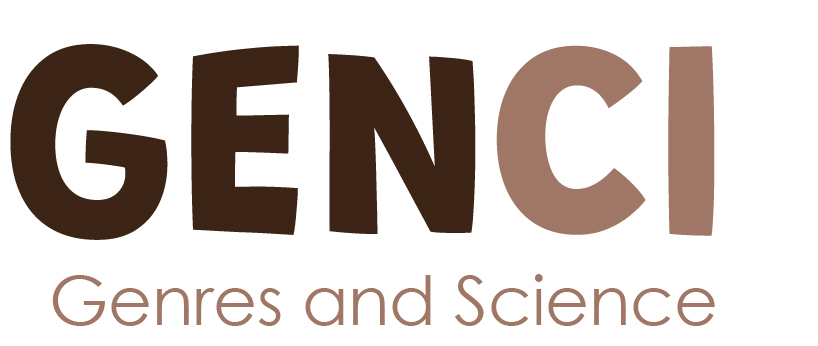Digital genres and practices in English for Specific Purposes: Current perspectives and future directions. Carmen Pérez-Llantada.13th December 2022. Jilin University, China
Abstract
Over the past years, digital communication in specific communities has been a focus of direct interest for English for Specific Purposes (ESP) researchers and practitioners. Such critical focus on ESP research has been very prolific. It has provided insightful descriptions of digital genres and practices in relation to both academic and professional communication in new media environments across the different domains of situated socioliterate activity (occupational or otherwise specialised fields or subfields of language use for specific purposes). This research has also involved several important developments of genre theory and genre analysis in order to capture the complex dynamics of web-mediated communication in the professions. In this talk I aim to provide a state-of-the-art overview of research in ESP on digital genres by tracing the particular topics and aspects of genres, modes and media (including social media) and digital communication practices in specific communities that have been investigated to date. The purpose is twofold: to gain a better understanding of the communicative goals of digital genres in a fast-changing digital world, and to make connections to the teaching and learning of web-mediated discourse for specific communities. In closing, I will propose some future directions for ESP research on digital genres and practices.
Exploring language functions in public communication of science (Invited talk). Carmen Pérez-Llantada. 31st January 2023, Jilin University, China
Abstract
Being part of the new social scenario conceptualised as the Open Science paradigm, a number of genres or discourse types (Swales, 1990) are available today on the Internet to support public understanding of science and promote public engagement in science. Some examples of these genres are podcasts, blogs and microblogs (Twitter, Facebook), infographics, crowdfunding proposals and citizen science projects, among others. How language is deployed in these digital genres is worth investigating given the important social impact of these forms of communication. In this talk I aim to explore language-in-use in web-based Citizen Science (CS) communication in order to understand how language fulfils two social exigences of the Open Science agenda, namely to build trust in science and engage citizens in scientific research. Drawing on a systematic analysis of CS projects I will show how language is mainly used to build credibility and trust in scientific research and recontextualise specialised knowledge to reach audiences with different levels of scientific literacy and interests in science. I will also illustrate the use of interpersonal language resources to express emotion and build, and maintain citizen volunteers’ engagement. Drawing on the study findings, I will discuss several implications for training scientists across the disciplines in forms of communication aiming at public understanding and public engagement in science.
